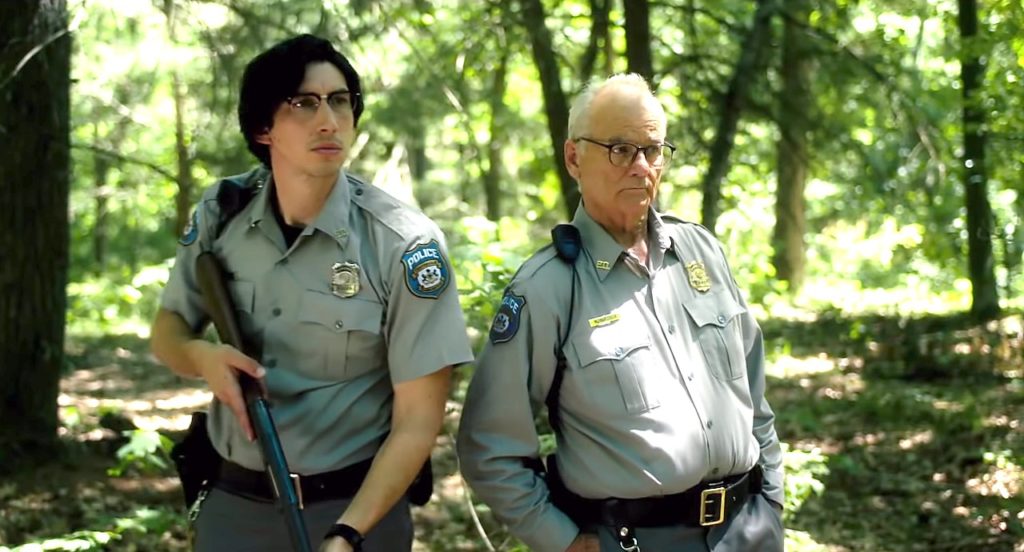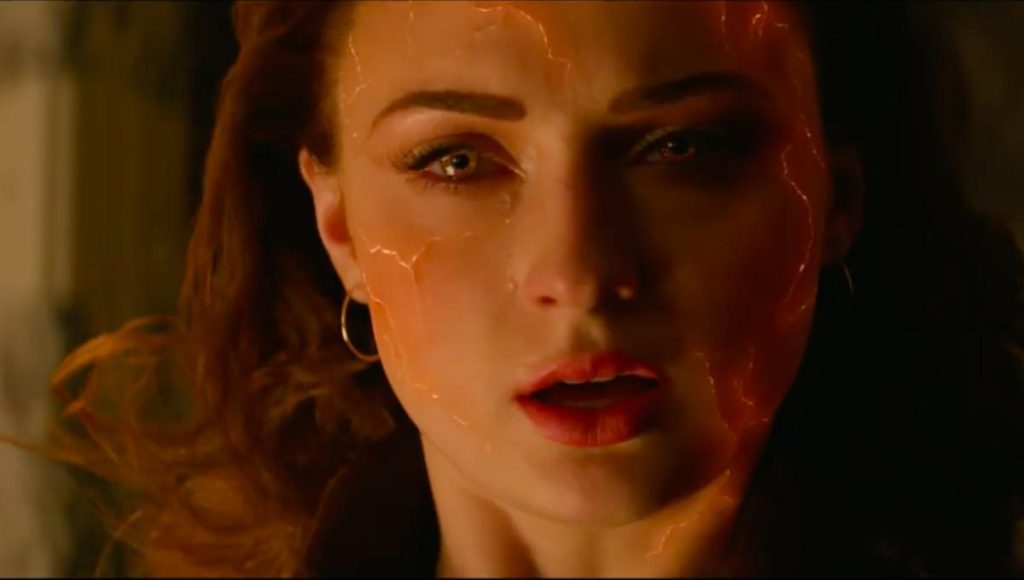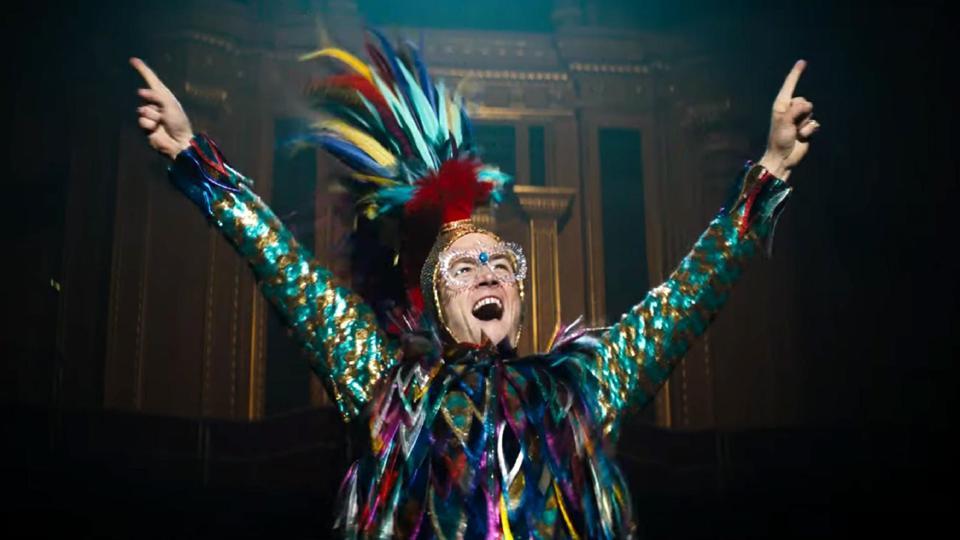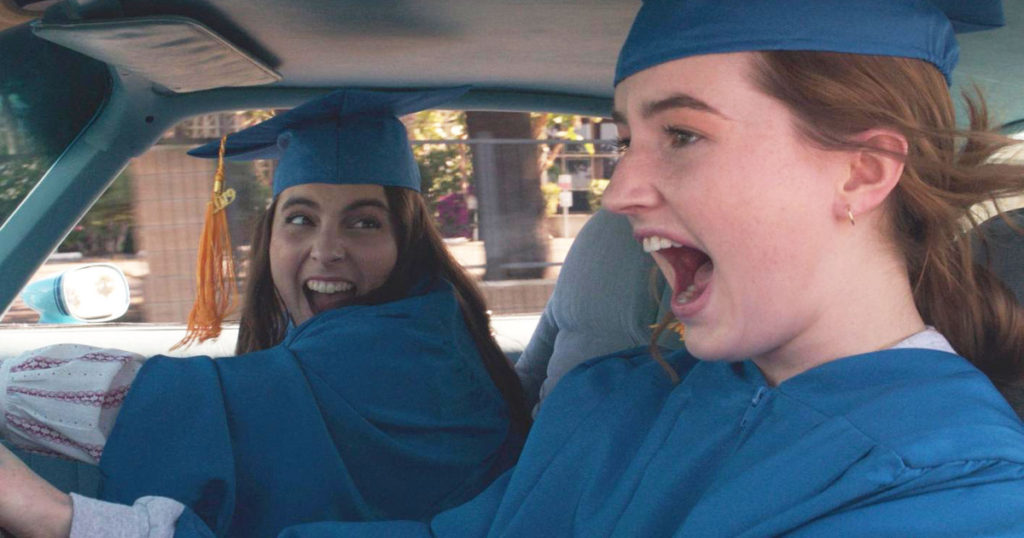Toy Story 4: Growing Old and Living Young, All Over Again
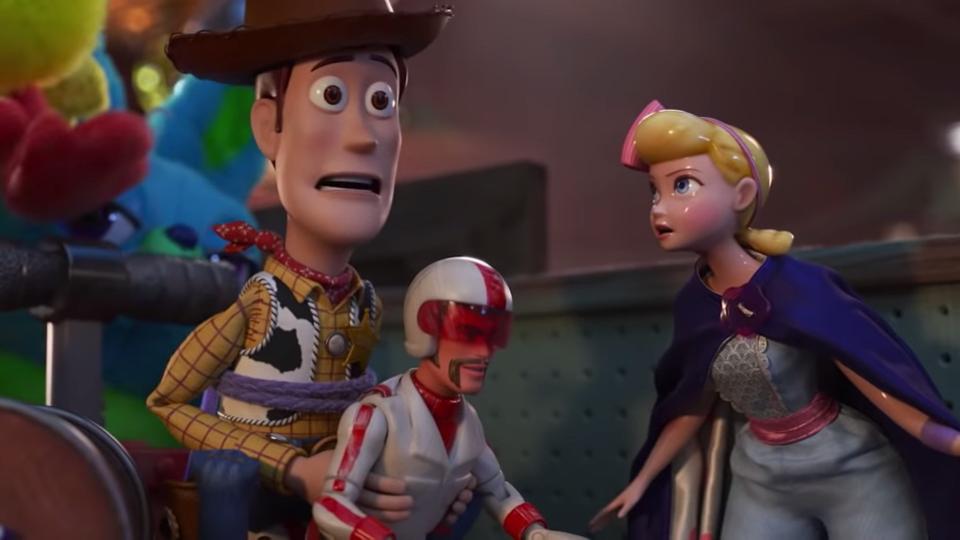
Toy Story 4 is a movie about fear, loneliness, pain, disillusionment, and loss. Your kids will love it.
You might too, if perhaps not quite as much as you adored its predecessors. It’s been 24 years since the computer wizards at Pixar released an 81-minute feature about playthings that leap to life when their owners leave the room, launching a mega brand and revolutionizing the concept of animation filmmaking in the process. Now the studio’s longest-running franchise (take that, Cars!), the Toy Story movies remain durable thanks to their nervy fusion of reliable adventure tropes and provocative philosophizing, the way they make you take stock of your life and yourself even as they place you back in touch with your inner child. In terms of raw entertainment, Toy Story 4 isn’t quite as boisterous as prior installments; the new director, Josh Cooley (one of the writers of the stupendous Inside Out), is certainly capable, but his set pieces lack the series’ trademark Rube Goldbergian complexity or eye-popping gusto. But the screenplay, by Andrew Stanton and Stephany Folsom, teems with ideas, challenges, and possibilities. The result is a movie that may not ascend beyond infinity, but at least gets most of the way there. Read More

